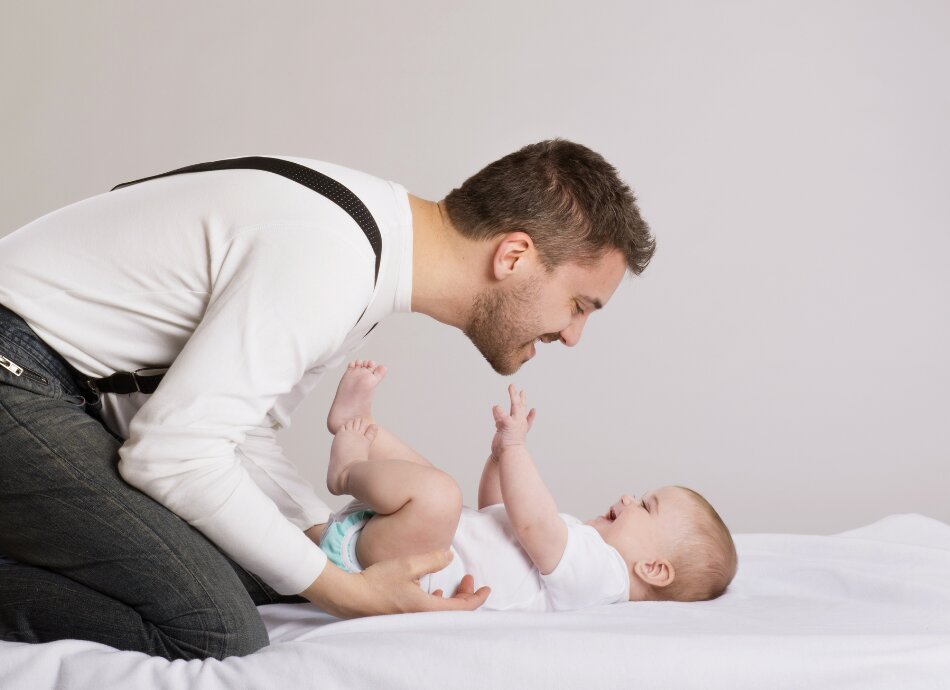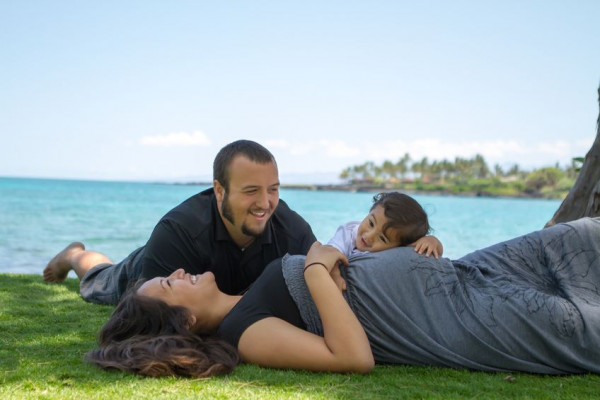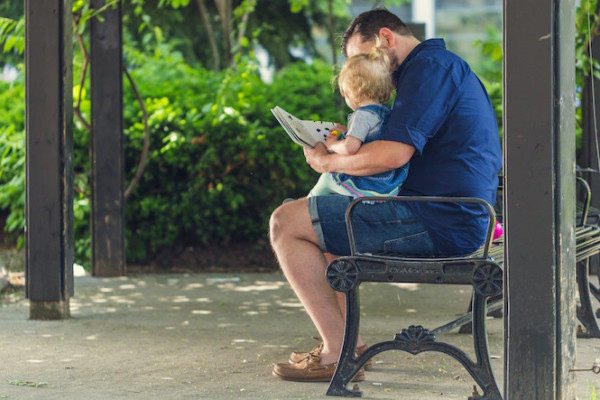If you're a frequent visitor to Healthify, why not share our site with a friend? Don't forget you can also browse Healthify without using your phone data.
Talking with your baby
.
Key points about talking with your baby
- From the moment they’re born, babies want and need to communicate.
- Talking with your baby can really help their language and communication to develop
- With every cry, smile and babble, your baby is looking for a response – a cuddle, a smile back or a few encouraging words to show you’re listening.
- Here’s our 8 top tips for talking with your baby.

1. It’s never too early to start
Start talking to your baby as soon as they’re born. You can even talk to them when they're still in your womb. Your unborn baby will hear its very first sounds around 18 weeks of pregnancy. By week 25 or 26, babies in the womb have been shown to respond to voices and noise. The most significant sound your baby hears in the womb is your voice. Talk about your world; what you’re doing, where you’re going and what you’re going to see.
From birth, your baby is absorbing a huge amount of information from listening and watching you talk. In those early months you might not get a lot back in terms of conversation, but your baby will be listening intently to everything you're saying.

Image credit: 123rf
2. Talk anywhere, even in different languages
Take any opportunity to talk with your baby – in the car, at the supermarket, on the bus, while you're peeling veggies in the kitchen. You can talk to your child about whatever is happening around you at the time. Studies have shown that children who can use up to 6000 words by the time they get to school have a significant advantage.
If you speak more than 2 languages, eg, English and te reo Māori, you are giving your baby a very special gift. It's much easier to learn a second language in the early years of development.
However it's also important to remember that everyone (including babies) likes a little quiet time, so make sure you factor in some time to sit quietly and relax.
3. Make time every day to read
Reading to your child is so important. It’s one of the easiest and best things you can do to help them learn. Books can be full of magic and the words, tone and rhythm used are often more complex than words we use in everyday conversation. Talk about the pictures in the book and let your child see and point out the pictures and letters.
Join your local library and find out if they run ‘mother and child’ reading sessions or similar. These activities are all free, they give you and your baby an opportunity to socialise and you're unlikely to run out of reading matter!
Reading together can also help to build routine, eg, if you always read after bath time, this can signal the wind-down to bed.

Image credit: 123rf
4. Use a variety of words
We often find ourselves using simple language with young kids – lots of instructions such as ‘don’t do that’ or ‘find your socks’. Try to use a mix of simple and complex words, and explain the meaning of the words you use. Here's an example from Raising Children Australia(external link), ‘we’re going to see the paediatrician – that’s a special doctor who knows all about babies and children’.
5. Have two-way conversations
Conversation that goes back and forth, even if you’re only responding to some babbling or 1 or 2 words, helps to build communication pathways in your child’s brain. It also helps to build their social skills, learning how and when to appropriately respond to what someone is saying. If you say something, while making eye contact with them, and then leave some time for them to respond they will learn to respond to you. Your baby will begin to make noises, smile, laugh, make more sounds and move their body to communicate with you. Before too long, they'll find their own words to answer your chat.
6. Sing songs and rhymes
Your baby doesn’t care if you can’t carry a tune. Sing them nursery rhymes, the alphabet or even your favourite song. Turn on the radio and let them listen to a range of different voices.
7. Make up stories
Bored with the usual bedtime books? Try making up a story; it can be about anything. Use expressions and different voices to make the story fun.
Tell them stories about when you were growing up or of whānau or tūpuna you grew up listening to. Or just chat to your baby about what is going on in their day.
8. Speak in a positive tone
Your baby will learn to talk by listening and watching how you interact with others, so make sure you keep your language positive and delivered with plenty of smiles.
How children learn(external link) KidsHealth NZ
Bilingual babies(external link) Takai NZ
Wriggle and Rhyme(external link) Auckland Council Libraries
Talking with babies and toddlers – how to do it and why(external link) Raising Children Australia
When can a fetus hear?(external link) Healthline, US
Credits: Healthify Editorial Team. Healthify is brought to you by Health Navigator Charitable Trust.
Page last updated:





